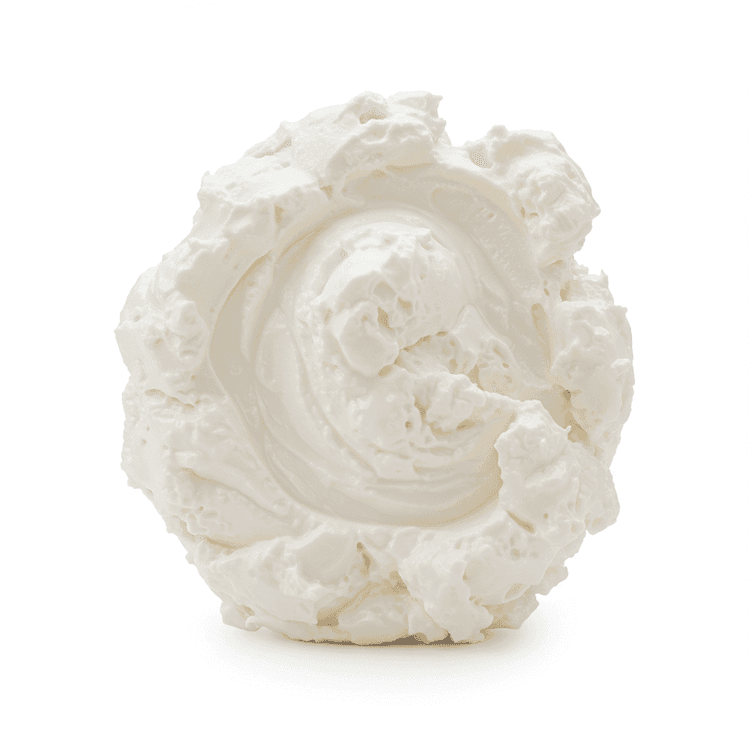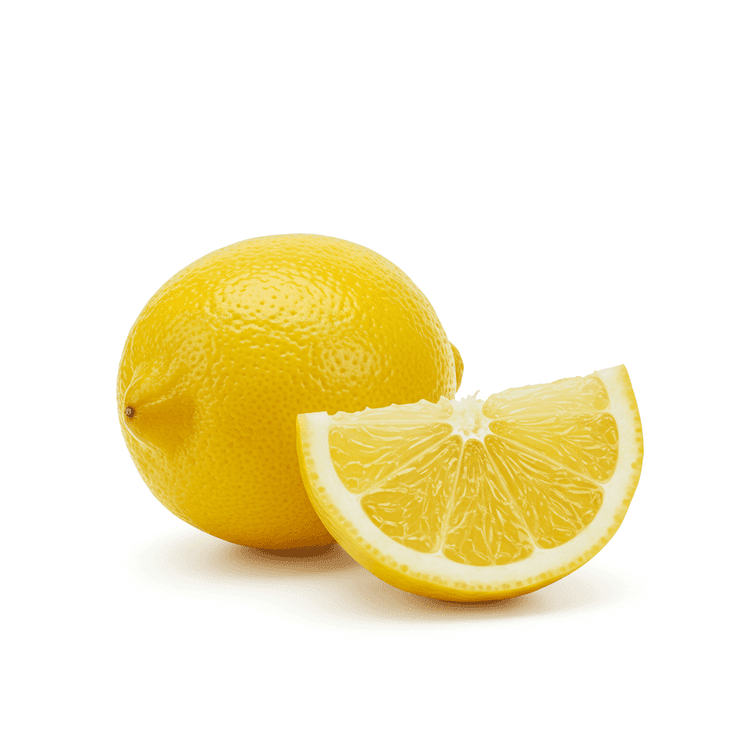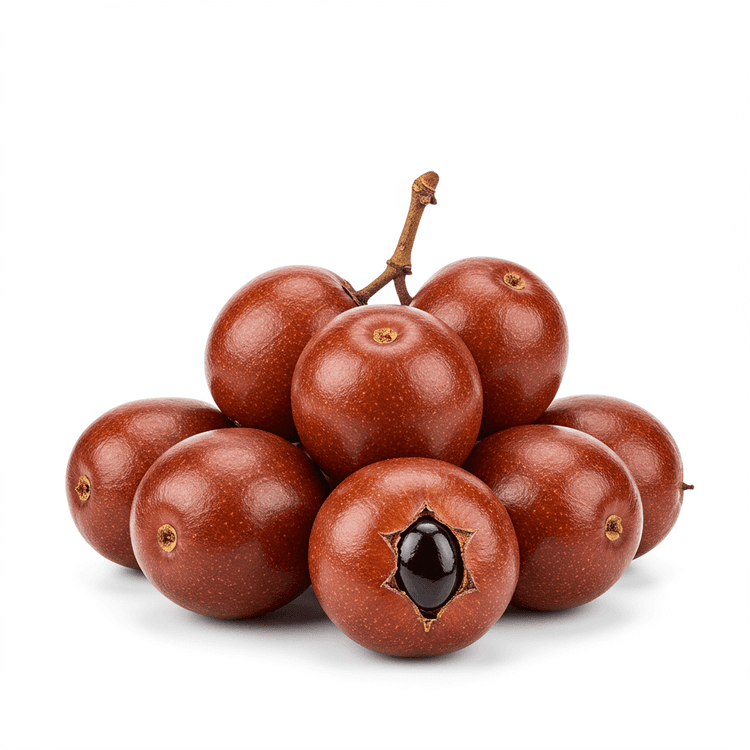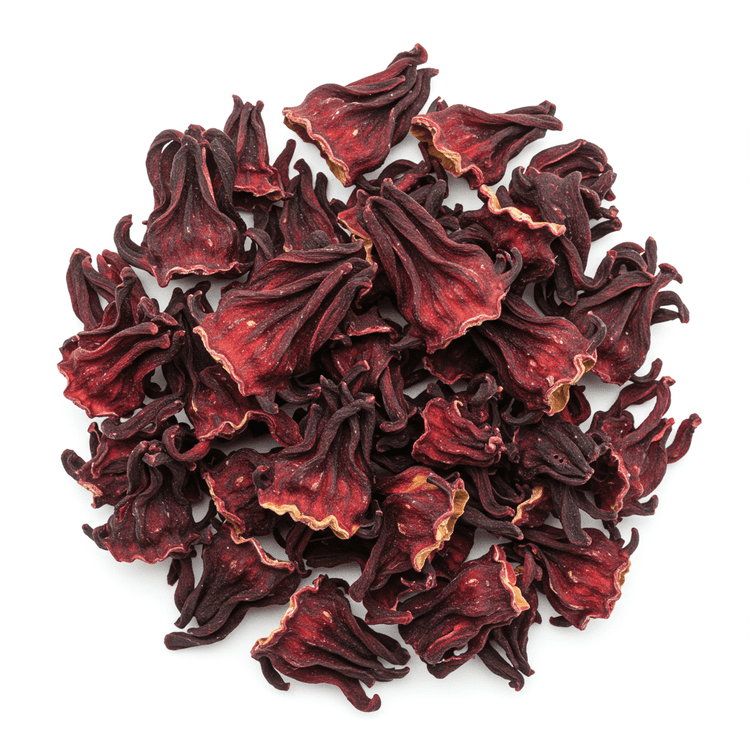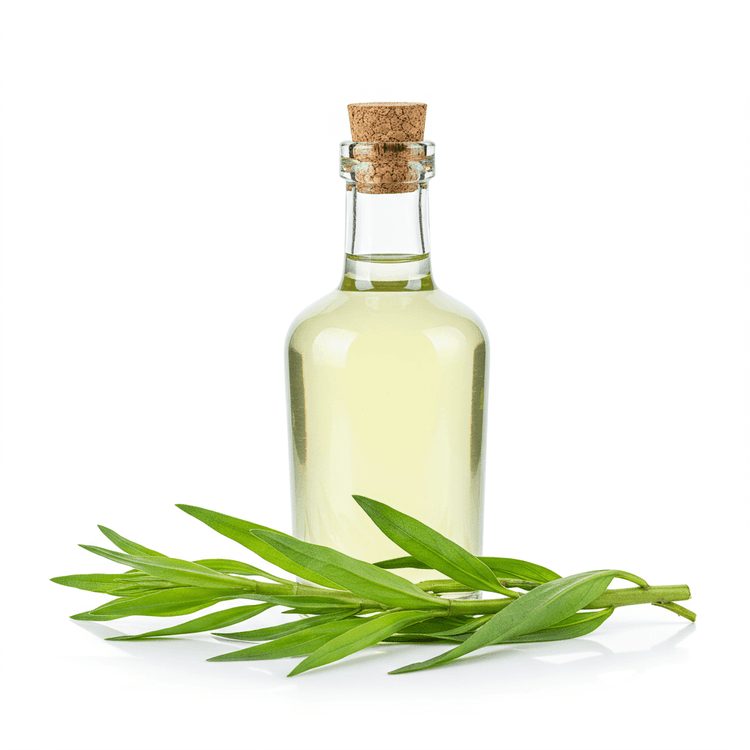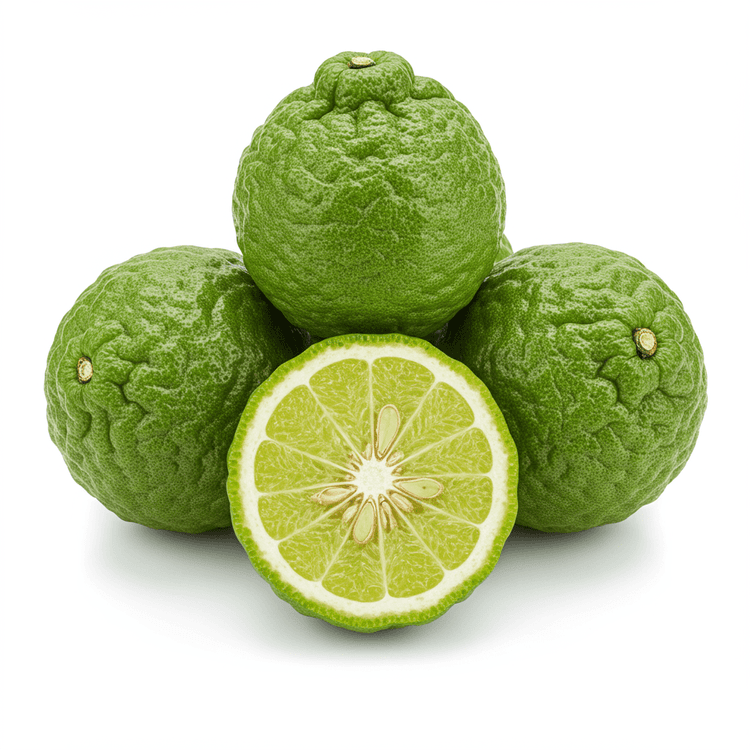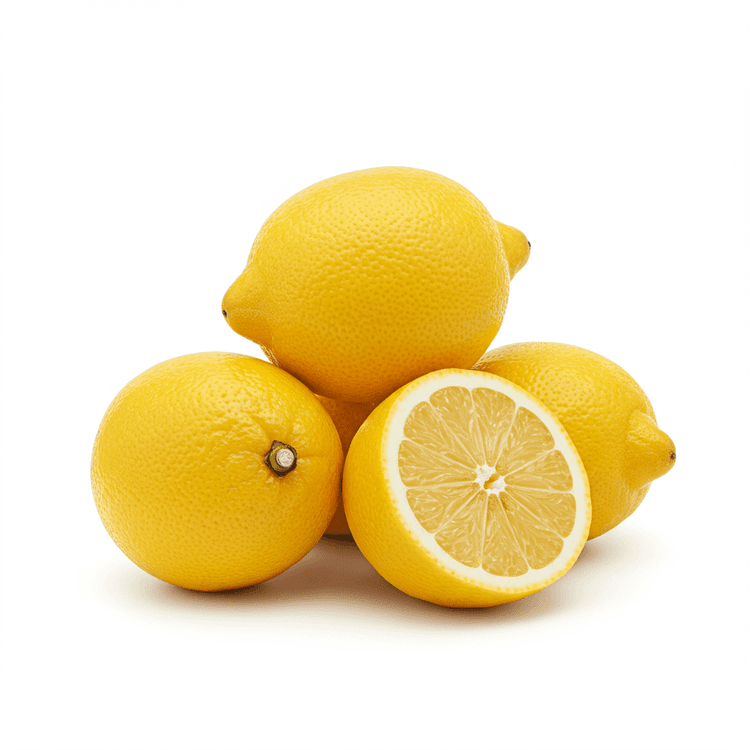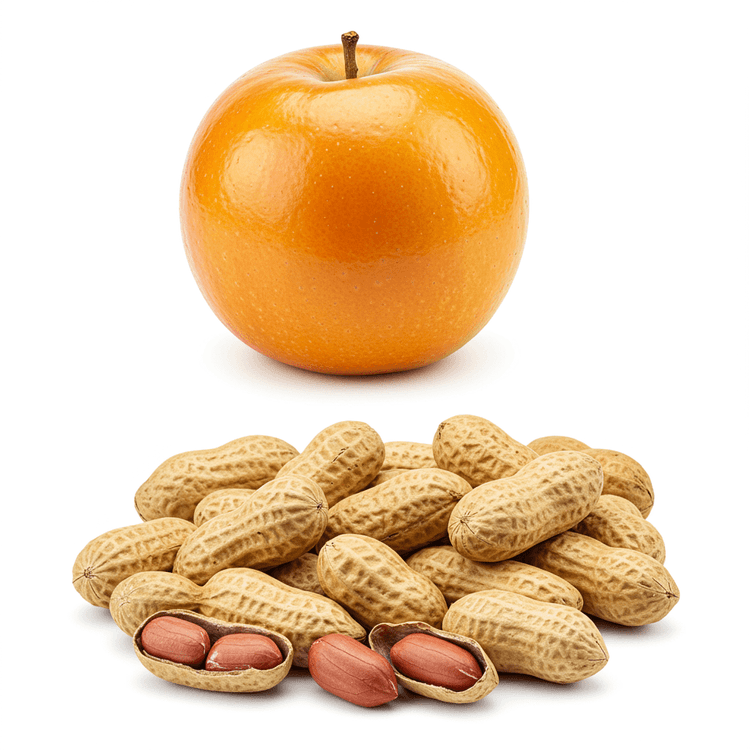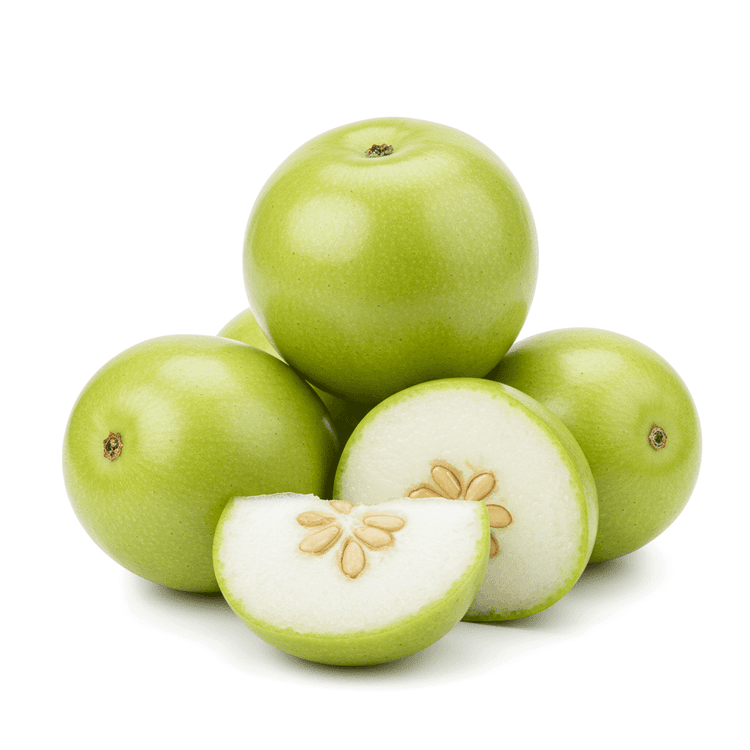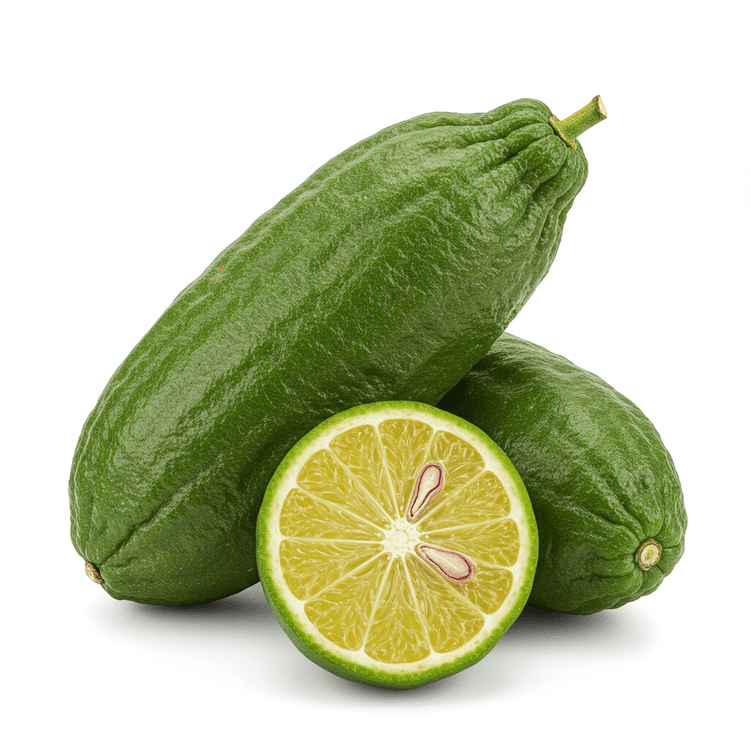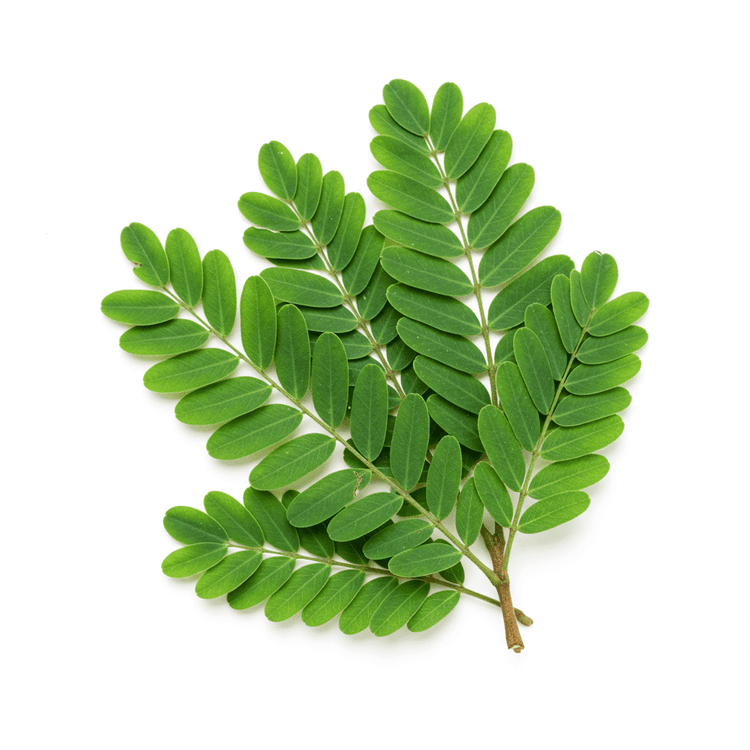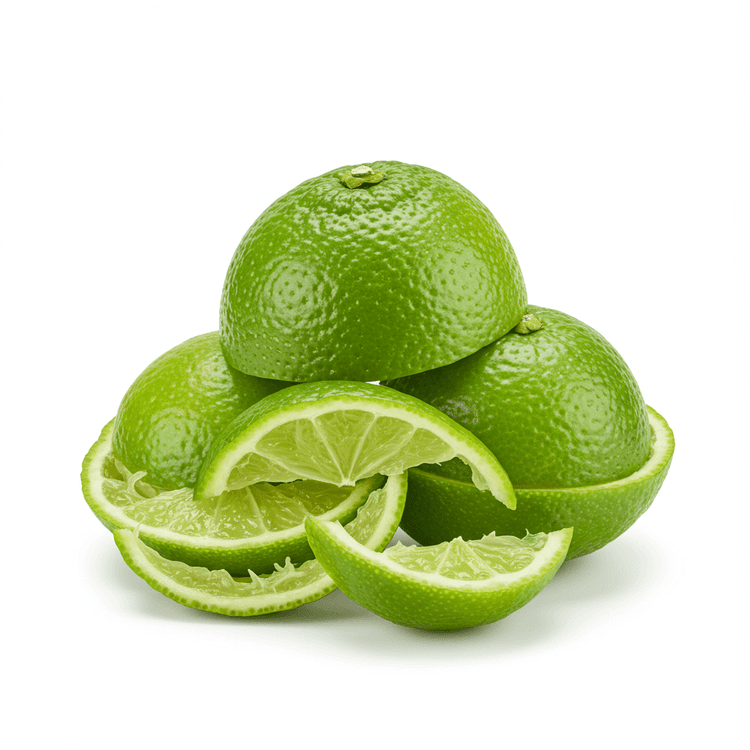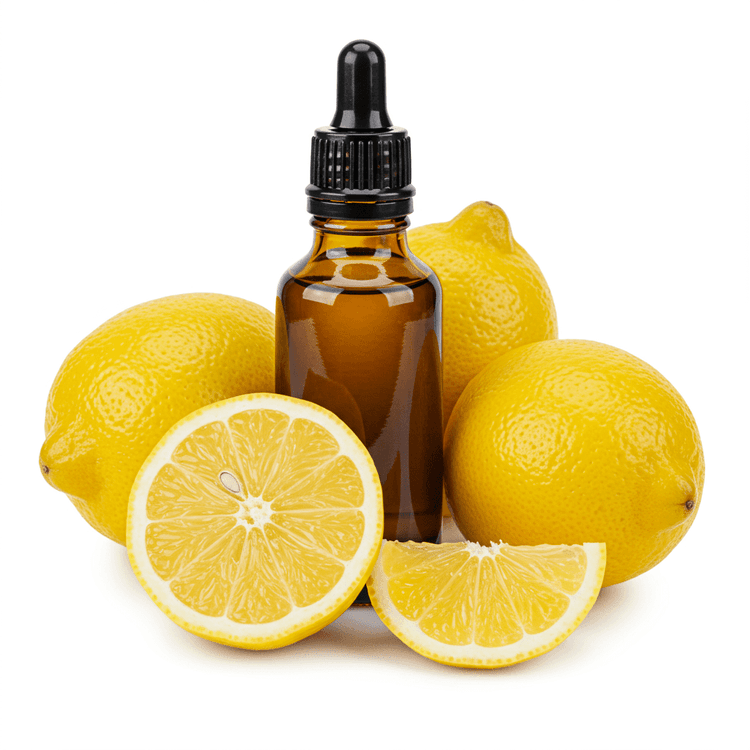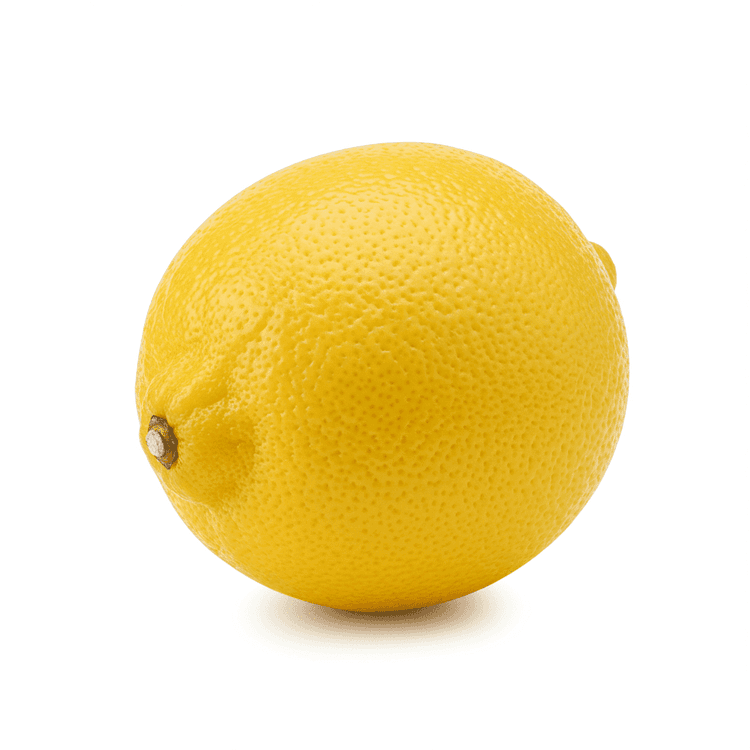
Lemon
The lemon, a vibrant citrus fruit, is prized for its tart and acidic juice. Its bright yellow rind is also intensely aromatic and flavorful. The juice is commonly used to add a refreshing tang to both sweet and savory dishes. Lemons are readily available year-round and offer a burst of sunshine and vitamin C in every squeeze. Explore the many lemon uses to elevate your culinary creations.
Common Uses
- Add lemon juice to seafood marinades to tenderize the fish and impart a bright, citrusy flavor. The acidity helps to break down proteins, resulting in a more succulent dish.
- Use lemon zest to brighten baked goods such as cakes, cookies, and muffins. The zest adds a concentrated lemon flavor without the added liquid of the juice.
- Create a simple lemon vinaigrette by combining lemon juice, olive oil, Dijon mustard, and herbs. This versatile dressing is perfect for salads, grilled vegetables, or as a marinade for chicken.
- Infuse lemon slices into water or tea for a refreshing and flavorful beverage. The lemon adds a subtle tartness and a boost of vitamin C.
- Make a classic lemon curd by combining lemon juice, sugar, eggs, and butter. This rich and tangy spread is delicious on toast, scones, or as a filling for tarts.
- Use lemon wedges as a garnish for cocktails and drinks. A squeeze of lemon adds a zesty touch and enhances the overall flavor profile.
Nutrition (per serving)
Nutrition (per serving)
Calories
29.1kcal (1.46%)
Protein
1.1g (2.2%)
Carbs
9.3g (3.38%)
Sugars
2.5g (5%)
Healthy Fat
0.1g
Unhealthy Fat
0.0g
% Daily Value based on a 2000 calorie diet
Nutrition (per serving)
Calories
29.1kcal (1.46%)
Protein
1.1g (2.2%)
Carbs
9.3g (3.38%)
Sugars
2.5g (5%)
Healthy Fat
0.1g
Unhealthy Fat
0.0g
% Daily Value based on a 2000 calorie diet
Health Benefits
- Boosts immune system due to high vitamin C content.
- Supports skin health with its antioxidant properties, promoting collagen production.
- Aids digestion and promotes gut health.
- May assist in weight management by promoting fullness and hydration.
- Helps in kidney stone prevention with its citric acid content.
- Provides a source of essential vitamins and minerals, including potassium and folate.
Substitutes
Chefadora AI is here.
Experience smarter, stress-free cooking.
Storage Tips
Lemons are best stored in the refrigerator to extend their shelf life. Place lemons in a sealed plastic bag in the refrigerator's crisper drawer; this helps prevent them from drying out and keeps them fresh for up to a month. For short-term storage (about a week), lemons can be kept at room temperature away from direct sunlight. Cut lemons should always be refrigerated in an airtight container or wrapped tightly in plastic wrap to prevent oxidation and moisture loss. Lemon juice can also be frozen in ice cube trays for later use.
Marnirni-apinthi Building, Lot Fourteen,
North Terrace, Adelaide, South Australia, 5000
Australia
